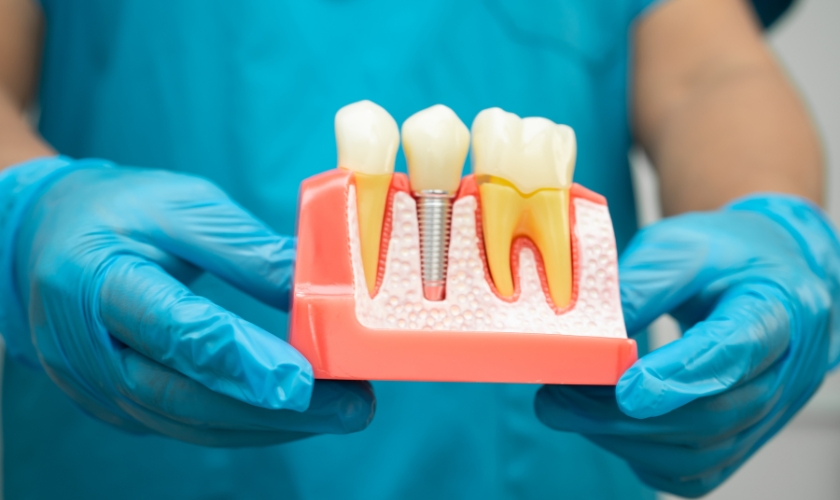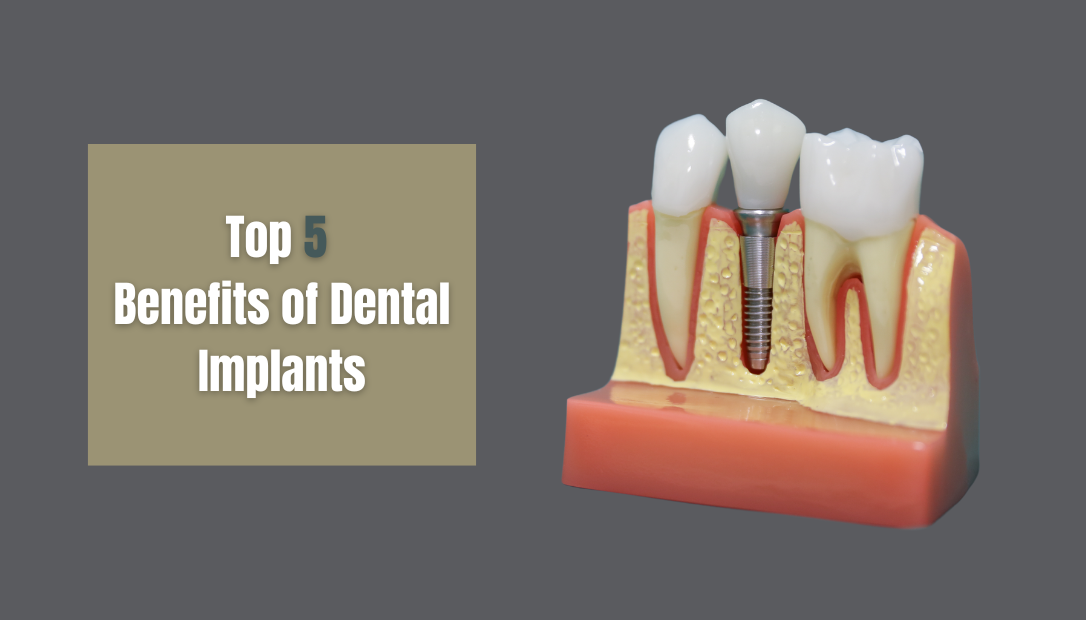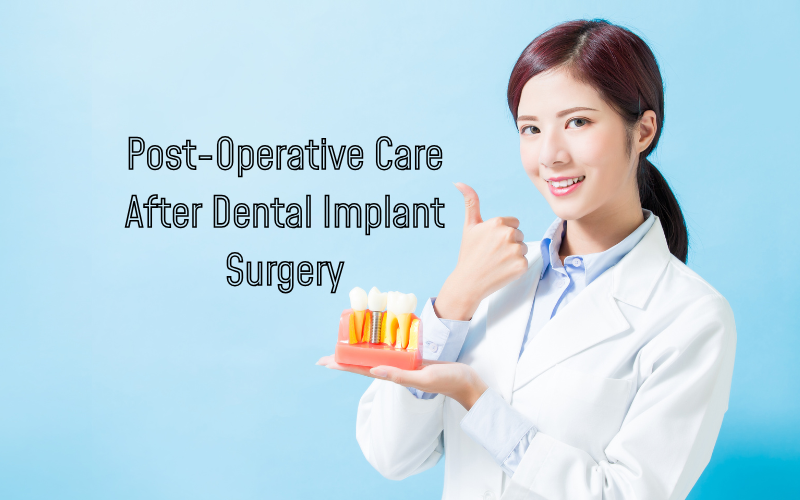
Dental implants are a life-changing solution for restoring missing teeth, offering durability and a natural appearance. However, proper aftercare is essential to ensure their success. One of the most critical aspects of recovery involves your diet. Knowing which foods to eat and which to avoid can make all the difference in healing smoothly. This guide breaks down the best and worst food choices to help Arcadia residents enjoy a stress-free recovery. By following these tips, you’ll support your implants, protect your oral health, and get back to enjoying your favorite meals sooner.
Why Diet Matters After Dental Implants?
Your diet plays a crucial role in how well your dental implants heal. Eating the wrong foods can stress your gums and disrupt the healing process. Proper food choices can:
- Promote faster tissue healing.
- Reduce inflammation and discomfort.
- Minimize the risk of infection around the implant site.
- Protect the integrity of your implants during the healing phase.
Foods to Eat Right After Dental Implant Surgery
Stick to soft and nutrient-rich foods after dental implant surgery. These are easy to chew and swallow and provide essential vitamins while protecting your implants.
- Smoothies and protein shakes: Packed with nutrients and easy to consume.
- Mashed fruits and vegetables: Try applesauce, avocado, mashed bananas, or pureed carrots.
- Yogurt and pudding: Soft, creamy, and soothing to your gums.
- Soups and broths: Choose lukewarm options to avoid irritating sensitive areas.
- Scrambled eggs: A protein-rich option that’s soft and easy to eat.
- Oatmeal and soft cereals: Nutritious and gentle on healing tissues.
- Soft fish: Salmon or cod is an excellent source of omega-3s to reduce inflammation.
Foods to Avoid Immediately After Surgery
Avoid foods that could irritate or damage the implant site. These include:
- Crunchy foods: Chips, crackers, or granola can scrape your gums.
- Sticky foods: Chewing gum and caramel may dislodge your implant.
- Hard foods: Nuts, popcorn, or raw vegetables can stress the implant site.
- Hot and spicy foods: These can irritate and delay healing.
- Sugary snacks: Candy and desserts promote bacterial growth around the implant.
- Alcohol and caffeine: These beverages can interfere with healing and hydration.
Transitioning Back to Regular Foods
As your gums heal, your dentist in Arcadia will encourage you to reintroduce regular foods. During this period:
- Gradually add soft, solid foods, like baked chicken or cooked vegetables.
- Chew slowly and use the side of your mouth opposite the implant.
- Avoid extremely hard or crunchy foods until your dentist gives the green light.
Long-Term Dietary Tips for Dental Implant Health
Even after the initial healing phase, maintaining a dental-friendly diet is crucial. Include foods that strengthen your teeth and gums:
- Leafy greens: High in calcium for stronger teeth.
- Cheese and dairy: Reduce acidity and protect enamel.
- Fruits and vegetables: Apples and carrots encourage saliva production to create a cleaner mouth.
- Lean proteins: Support gum health with turkey, fish, and eggs.
Avoid these long-term:
- Chewing ice: It can crack teeth or damage implants.
- Hard candies: These increase pressure on your implants.
- Sticky foods: They can cling to your implant base.
How to Manage Discomfort After Eating with Dental Implants?
If you experience tenderness while eating:
- Rinse your mouth with lukewarm saltwater to soothe irritation.
- Use over-the-counter pain relief as directed by your dental team.
- Stick to softer foods until the discomfort subsides.
When to Contact Your Dentist in Arcadia?
Sometimes, eating or food choices can lead to unexpected issues. Reach out to your dentist if you notice:
- Persistent swelling or pain after meals.
- Difficulty chewing even soft foods.
- Signs of infection, like redness or discharge.
Your dental practice in Arcadia will guide you on adjusting your diet and protecting your implants for a lifetime of use.
Eating the right foods after dental implant surgery is key to a smooth recovery. You’ll protect your implants and enjoy better oral health by prioritizing soft, nutrient-rich options and avoiding problematic foods. Always follow your dentist’s advice and remember your food choices throughout healing.
Ready to enjoy a lifetime of smiles with dental implants? Contact our team to schedule a consultation or ask questions about your dental care journey!




